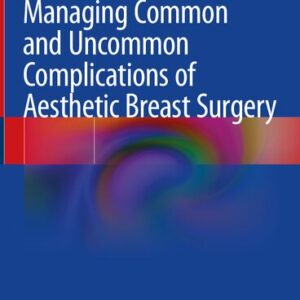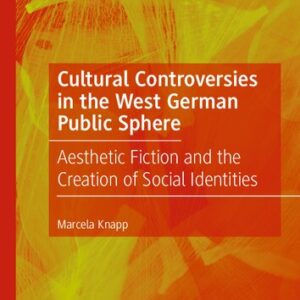Recent discussions of aesthetics, whether in the hermeneutic or the analytic tradition, understand the place of art and aesthetic experience according to a model of ”autonomy”–as just one among the many modes of experience that make up the realm of reason, situated beside the other ”spheres of value.” In contrast, Theodor Adorno and Jacques Derrida view art and aesthetic experience as a medium for the dissolution of nonaesthetic reason, an experientially enacted critique of reason. Art is not only autonomous, following its own law, different from nonaesthetic reason, but sovereign: it subverts the rule of reason. In this book Christoph Menke attempts to explain art’s sovereign power to subvert reason without falling into an error common to Adorno’s negative dialectics and Derrida’s deconstruction. The error, which already appeared in romanticism, is to conceive of the sovereignty of art as reflecting the superiority of its knowledge. For art entails no knowledge and its negativity toward reason cannot be articulated as an insight into the nature of reason: art is sovereign not despite, but because of, its autonomy. Menke brings to his arguments a firm grounding in both philosophy and literary studies, as well as familiarity with German, French, and American sources.

![[PDF] The Sovereignty of Art: Aesthetic Negativity in Adorno and Derrida](https://pdfelite.com/wp-content/uploads/2024/04/47e4b53167077b6c62d881fe48ff520d-d.jpg)




Reviews
There are no reviews yet.